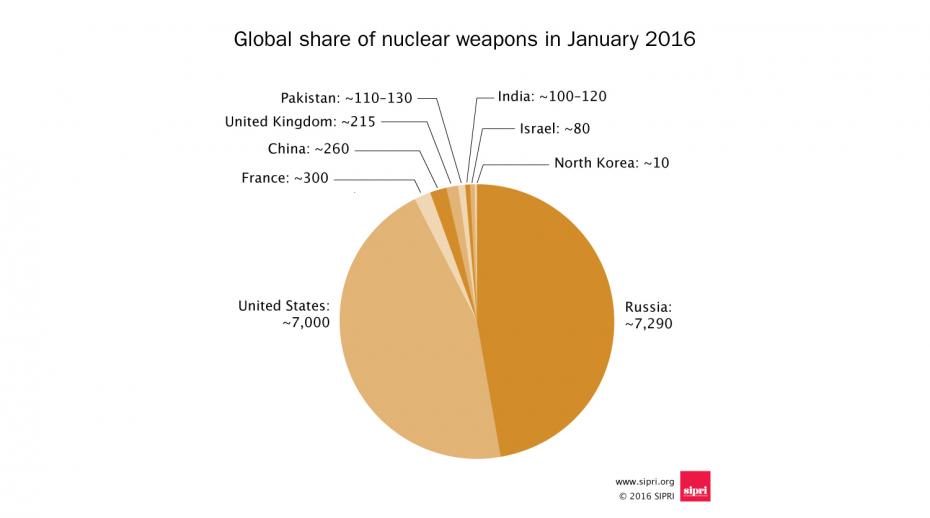Στη μακρά αλυσίδα των ωραίων ονείρων για το μέλλον της Μέσης Ανατολής που έγιναν γρήγορα στάχτη κινδυνεύει να προστεθεί η προσέγγιση της Δύσης με το Ιράν, υποστηρίζει ο Ρόμπερτ Φισκ, σε αναλυτικό ρεπορτάζ που δημοσιεύει η βρετανική διαδικτυακή (πλέον) εφημερίδα Independent.

Oπως αναφέρει ο βετεράνος πολεμικός ανταποκριτής, οι περισσότερες από τις μεγάλες τράπεζες της Ευρώπης δεν αποτολμούν να ανοίξουν δουλειές με το Ιράν, παρά τη συμφωνία–ορόσημο του περασμένου χρόνου για το πυρηνικό πρόγραμμα της Τεχεράνης, καθώς φοβούνται ότι θα τους επιβληθούν πρόστιμα από τις ΗΠΑ για παραβίαση των αμερικανικών κυρώσεων στο Ιράν, που συνεχίζουν να βρίσκονται σε ισχύ.

Oπως αναφέρει ο βετεράνος πολεμικός ανταποκριτής, οι περισσότερες από τις μεγάλες τράπεζες της Ευρώπης δεν αποτολμούν να ανοίξουν δουλειές με το Ιράν, παρά τη συμφωνία–ορόσημο του περασμένου χρόνου για το πυρηνικό πρόγραμμα της Τεχεράνης, καθώς φοβούνται ότι θα τους επιβληθούν πρόστιμα από τις ΗΠΑ για παραβίαση των αμερικανικών κυρώσεων στο Ιράν, που συνεχίζουν να βρίσκονται σε ισχύ.
